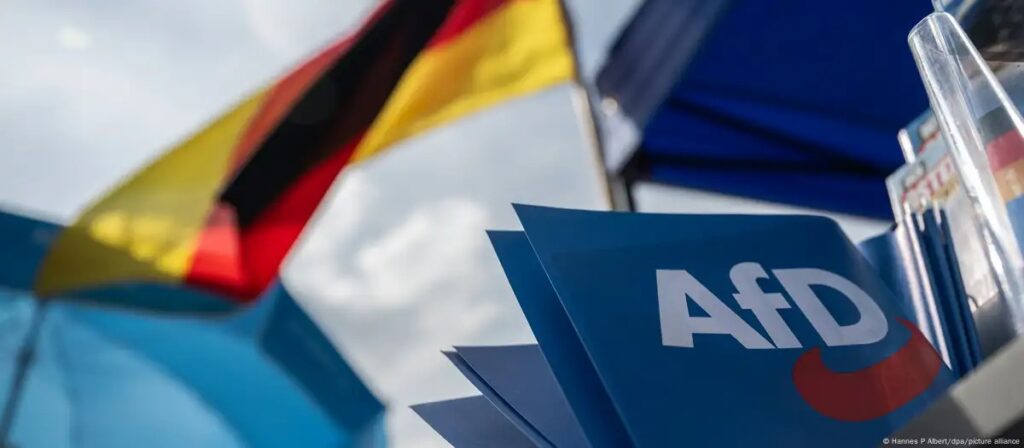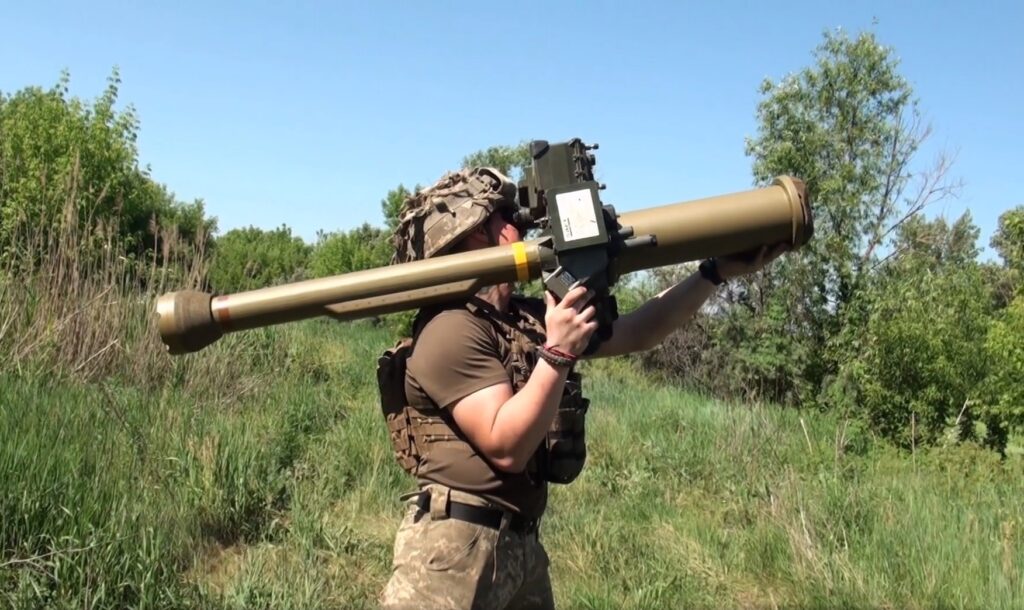Vue normale
-
NYT > U.S. News
-
R.F.K. Allies Embrace ‘Anti-Vax’ Label They Once Rejected
A weekend gathering in Texas drew activists, homeopaths, doctors, lawyers, parents and a Republican senator who asked, “Why isn’t Tony Fauci in prison?”
-
Climb to the Stars
-
« You should make a business out of it! » [en]
[en] Or should you? Dave Sifry makes a very important point in his LinkedIn post: I wished there were always-updated travel guides that I could have pre-printed and bound and it would be a great memento to remember the trip as well.So, naturally, I thought there must be a huge opportunity in creating personalized, on-demand travel guides.The mistake wasn’t being wrong about the market. It was forgetting to ask whether the product was really something I would pay for and just a ‘nice to h
« You should make a business out of it! » [en]
Or should you?
Dave Sifry makes a very important point in his LinkedIn post:
I wished there were always-updated travel guides that I could have pre-printed and bound and it would be a great memento to remember the trip as well.
So, naturally, I thought there must be a huge opportunity in creating personalized, on-demand travel guides.
The mistake wasn’t being wrong about the market. It was forgetting to ask whether the product was really something I would pay for and just a ‘nice to have’.
The world is full of needs and problems. Many of these have solutions. And people are hungry for these solutions. They find them life-saving, precious, incredible.
But would they have paid for them?
A great idea that fills a real need doesn’t always have a viable business model.
I see that everyday with the thriving support community I have built for people with diabetic cats. Many of our members cannot find enough kind words to express their gratitude for what they got out of the community. There are over 7k members in it and a team of 20+ moderators. It’s literally run like a small business.
And people tell me: heavens, you should ask for a subscription and make a business out of this!
But I know it wouldn’t work. People wouldn’t pay for the service we provide. They probably wouldn’t pay for somebody to spend an hour with them to show them how to do things and get started. They most certainly wouldn’t pay for 24/7 support. At least not in numbers or amounts that would bring the whole operation anywhere close to being able to pay a salary, let alone more than one.
It doesn’t mean they don’t value what we bring. After the fact, they might very well say they would have paid for it. But not upfront, definitely not.
Some things will always have to be non-profit, or financed by third parties so that the service can be offered freely or nearly so. Others may have a market, but can’t find a price that is worth paying for the customer and at the same time high enough to sustain the business.
It’s not because there is demand for something that one can earn money with it.
-
Euromaidan Press

-
Der Spiegel: Germany’s AfD lawmakers suspected of feeding sensitive Bundeswehr data to Russian intelligence
Lawmakers from Germany’s pro-Russian far-right party AfD are facing accusations of gathering sensitive data that may benefit Russian or Chinese interests, according to Der Spiegel, with officials citing close ties to both countries. The accusations focus on the party’s series of unusually detailed and patterned parliamentary requests into Bundeswehr capabilities and infrastructure. This comes amid the ongoing Russo-Ukrainian war, as Moscow continues to support Eurosceptic
Der Spiegel: Germany’s AfD lawmakers suspected of feeding sensitive Bundeswehr data to Russian intelligence

Lawmakers from Germany’s pro-Russian far-right party AfD are facing accusations of gathering sensitive data that may benefit Russian or Chinese interests, according to Der Spiegel, with officials citing close ties to both countries. The accusations focus on the party’s series of unusually detailed and patterned parliamentary requests into Bundeswehr capabilities and infrastructure.
Bundestag clash over espionage allegations
Der Spiegel reported that in the German Parliament—Bundestag—the ruling coalition's parties have demanded explanations from AfD lawmakers following what they describe as disturbing intelligence-gathering behavior masked as routine oversight. CDU parliamentary leader Jens Spahn confronted AfD chair Alice Weidel with the claim that the sus[picion of “working as elected representatives on behalf of hostile powers in Parliament is among the gravest that can exist.” Spahn warned that Weidel’s silence could make her “at least complicit in potential treason.”
SPD and CDU legislators called for an emergency debate to address the “effects of AfD’s relations with Russia on Germany’s security interests.”
Thomas Röwekamp, head of the Bundestag Defense Committee, told Der Spiegel that AfD lawmakers had submitted “a large number of systematically structured and very detailed inquiries into military capabilities and gaps.” Röwekamp stressed that the content and frequency of these requests went far beyond standard parliamentary interest and instead appeared “targeted and grid-like” in their collection of militarily sensitive information.
AfD’s questions raise red flags in defense circles
Some of the inquiries submitted by AfD MPs included precise questions about drone defense, military logistics, Bundeswehr procurement schedules, and even gaps in cybersecurity at various ministries.
According to Der Spiegel, one parliamentary request asked the Interior Ministry to detail how many data centers it operates and how many of them have long-term emergency power supplies. Other requests focused on the cyber-readiness of the Digital, Transport, Finance, and Defense Ministries.
High-ranking military officials and leadership in the Defense Ministry are alarmed. According to Der Spiegel, multiple ministries came to the same conclusion: the nature of AfD’s questions suggests intentional efforts to identify structural weaknesses. Some government analysts believe the questions reflect coordination, possibly based on requests from abroad, targeting both current defense capabilities and planned upgrades.
Thuringia’s Interior Minister Georg Maier warned that AfD appeared to be “working through a task list from the Kremlin,” and said the party had long been misusing parliamentary tools to probe critical infrastructure. Röwekamp echoed this assessment, linking the inquiries to what he called “hybrid attacks against Germany,” likely meant to support Russian strategic goals.
“We have long known that there are demonstrably close connections between the AfD and Russia and China," Maier told Der Spiegel.
Der Spiegel recalled a 2021 case it had previously uncovered, in which a Chinese Ministry of State Security agent bragged about using contacts to launch a Bundestag inquiry on Hong Kong through AfD lawmaker Stefan Keuter, who denied any cooperation with Chinese intelligence.
-
Euromaidan Press

-
Ukraine needs aid, not arm deals
Over the past six weeks, the proposed EU “reparation loan” has moved closer to reality. It is backed by over $200 billion in frozen Russian Central Bank reserves held mainly in Belgium’s Euroclear. Yet beyond the decision itself, the crucial question remains how these funds will be used. This reparation loan, long in discussion, now appears closer than ever to reality. Belgium has raised reservations about the mechanism, though these are expected to be resolved t
Ukraine needs aid, not arm deals

Over the past six weeks, the proposed EU “reparation loan” has moved closer to reality. It is backed by over $200 billion in frozen Russian Central Bank reserves held mainly in Belgium’s Euroclear.
Yet beyond the decision itself, the crucial question remains how these funds will be used.
This reparation loan, long in discussion, now appears closer than ever to reality. Belgium has raised reservations about the mechanism, though these are expected to be resolved through negotiations. Similar concerns from France and Germany could emerge, but have not been formally stated.
Still, while the EU and Ukraine have spent months refining the legal framework for confiscating Russian assets or profits derived from them, far less attention has been paid to a parallel question: how those resources should be deployed once secured.
A recent example offers a hint. On 22 October, Sweden announced that Ukraine would receive between 100 and 150 Gripen fighter jets manufactured by Saab. The announcement was vague on financing, but the timing—days after loan details emerged—suggests this may be funded through the reparation mechanism rather than Sweden’s aid budget.
If so, the pattern continues. And Saab may not be alone: Rheinmetall, Dassault Aviation, BAE Systems, Lockheed Martin, and MBDA could soon follow, each offering long-term contracts that align with their production schedules rather than Ukraine’s immediate tactical needs.
Aid as a procurement opportunity
The United Kingdom, for example, announced two funding tranches in February and July 2025, tied to major Thales contracts for 10,000 air-defence missiles. But timing mattered: Russia had just escalated to mass drone attacks—300 to 500 drones per night instead of dozens.
The Thales missiles worked against minor incursions but couldn’t scale to swarm defense. By the time contracts were finalized, Ukraine had already begun mass-producing FPV drone interceptors that cost a fraction of Western missiles and proved more effective against saturation attacks.
A single Starstreak or Martlet missile costs approximately £40,000-60,000. Ukraine’s FPV interceptors cost under £400. When Russia launches 400 drones in one night, the math becomes impossible.
Would London have approved those tranches without the boost to a Belfast factory—and the accompanying pledge to protect or create hundreds of jobs? That remains a rhetorical question.
Long-term contracts vs. short-term survival
The situation with the Gripens may differ, but the broader EU logic is clear. Channeling the loan into contracts for Europe’s defence industry fits neatly into the bloc’s long-term strategy to revitalise its military-industrial base. Yet for Ukraine, linking the funds to long-term foreign contracts risks a critically negative outcome.
What Ukraine needs most now are short-term solutions to urgent battlefield challenges.
Initiatives like the “Danish model,” the PURL program, and partnerships with local manufacturers could deliver faster and more flexible results.
The Danish model allows Ukraine to procure equipment directly from manufacturers with Danish funding, bypassing lengthy European procurement rules. The PURL programme (Prioritized Ukraine Requirements List) similarly enables fast-tracked weapon supplies from the US
Finding the right balance between Ukraine’s immediate needs and Europe’s industrial ambitions is essential.
Why Ukraine wants control
The recent Reuters report that Kyiv wants to manage the loan independently makes perfect sense. The loan aims to ensure Ukraine’s stability amid a full-scale war—and, should peace talks eventually start, to strengthen its negotiating position.
Regardless, if Ukraine receives a package of expensive, long-term contracts instead of flexibility, this “support” will become largely symbolic. A year ago, the need for massive drone defence was far less urgent. No one can confidently say what Ukraine’s priorities will be six or twelve months from now.
Beyond battlefield needs
A portion of these funds must also be directed toward two other vital goals: reconstruction and compensation for losses. European partners remain reluctant to frame the use of Russian assets in terms of reparations, yet these questions are becoming unavoidable.
Proposals already exist to allocate even a small percentage of the loan to urgent reparations, which are also gaining traction within the international compensation mechanism.
Only a short time ago, the ultimate confiscation or use of Russian assets in Ukraine’s favour was treated as a distant, uncomfortable topic that Europe preferred to postpone.
Today, the war’s course—and perhaps even the outcome—may hinge on this decision. All parties must recognise that Europe’s security and the health of its defence industry depend on the success of Ukraine’s army—not at its expense.
Ivan Horodyskyy
Editor's note. The opinions expressed in our Opinion section belong to their authors. Euromaidan Press' editorial team may or may not share them.
Submit an opinion to Euromaidan Press
